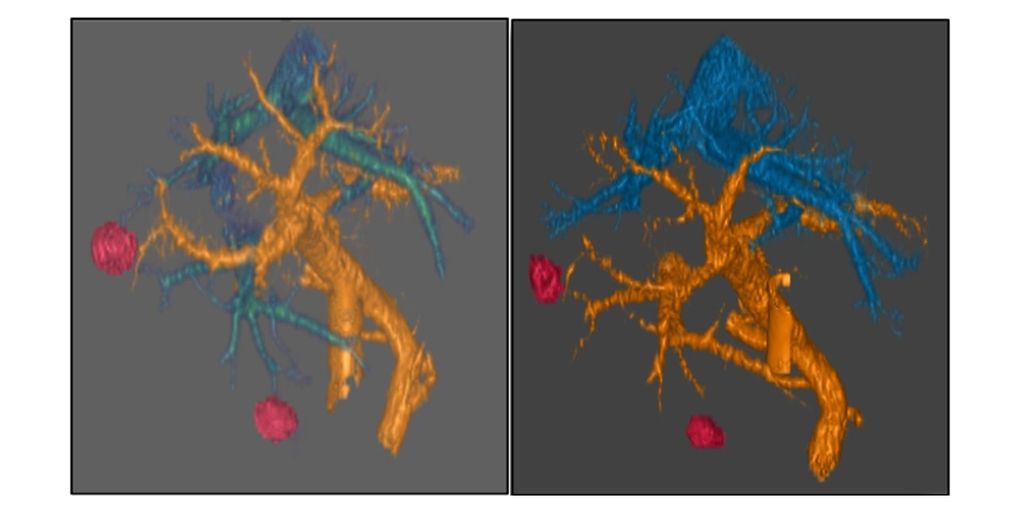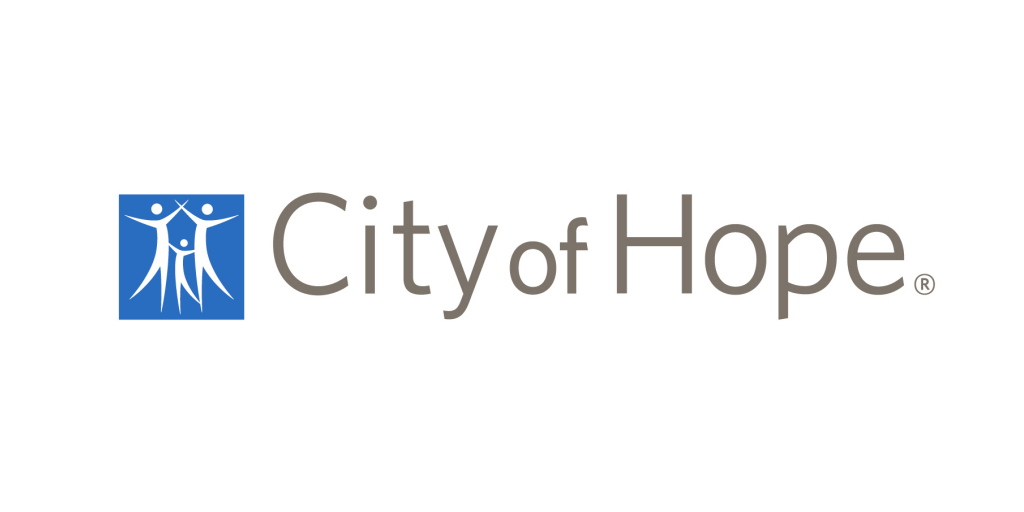Scientists transform genetic culprit behind treatment resistance into a skillful tool to use against cancer
LOS ANGELES--(BUSINESS WIRE)--Researchers at City of Hope®, one of the largest and most advanced cancer research and treatment organizations in the U.S. with its National Medical Center named top 5 in the nation for cancer by U.S. News & World Report, have identified a new molecular target for treating pancreatic cancer, reports a Gastroenterology study published today.
Pancreatic ductal adenocarcinoma (PDAC) is one of the deadliest human cancers worldwide because it evades most treatments. With few therapeutic options, 90% of these patients don’t survive beyond five years. Now an innovative new approach offers the potential for transforming the genetic culprit behind PDAC’s stubborn resistance to treatment into a therapeutic ally.
Led by Mustafa Raoof, M.D., M.S., City of Hope assistant professor of surgery, cancer genetics and epigenetics, scientists focused on transcription-replication conflicts (TRCs), which occur when the mechanisms responsible for gene expression and genome duplication collide. The clash disrupts cells’ ability to read and copy genes, leading to replication stress, a frequent phenomenon in pancreatic cancer. The added stress causes cells to make errors copying their DNA, enabling cancer to gain a foothold and spread.
“Transcription-replication conflicts are an important vulnerability of pancreatic cancer,” said Dr. Raoof, senior author of the new study. “Our study is the first to confirm proof of concept for whether exploiting this chink in cancer’s armor could provide an effective therapeutic target for patients.”
In an earlier study, Dr. Raoof and his colleagues had identified high levels of TRCs as a unique weakness in pancreatic cancers that are driven by a common gene mutation. Building upon this research, his team used an experimental drug developed at City of Hope called AOH1996 as a tool to target TRCs and measure clinical responses.
First, the laboratory tested AOH1996 on a mouse model for pancreatic cancer and on small, lab-grown versions of human organs called organoids. The scientists discovered that the drug slowed tumor growth, damaged tumor cells without harming healthy tissue and boosted mouse survival from a median of 14 days to three weeks.
Next, the team tested the approach on two patients whose pancreatic tumors had resisted earlier treatments (NCT05227326). The patients experienced up to a 49% shrinkage in their liver metastases after taking the pill twice a day for two months.
Overall, the experimental approach was most effective at killing cancer cells with high replication stress, a common phenomenon that occurs when the KRAS gene goes awry in 95% of patients with pancreatic cancer.
“While the KRAS mutation has suggested a strong therapeutic target, pinpointing it in human PDAC has been difficult until now,” said Dr. Raoof. “With inhibitors to mutant KRAS entering clinical trials, resistance is expected. It’s crucial for us to develop new approaches that target dependency on KRAS.”
Targeting TRCs enabled the scientists to pinpoint only pancreatic cancer cells that experienced high levels of replication stress.
“Transcription-replication conflicts are more prevalent in cancer cells than normal cells,” Dr. Raoof said. “Therapies that interfere with how cells manage their DNA during replication could open up new ways to treat cancer, offering hope for patients who have not benefited from other approaches.”
Though excited by the study’s early results, Dr. Raoof emphasized caution in interpreting its findings. Due to the trial’s small size, scientists will need to pursue larger clinical and biomarker discovery studies to realize the full potential of therapeutic targeting of TRCs.
A respected birthplace for biotech, City of Hope created the technology that led to the development of synthetic human insulin. City of Hope later contributed to the development of “smart” cancer drugs like Herceptin, Rituxan and Avastin.
City of Hope’s Linda Malkas, Ph.D., discovered and developed AOH1996, which is exclusively licensed to the biotechnology company RLL, LLC.
Last year City of Hope received a historic $150 million gift to fund pancreatic cancer research from two entrepreneur-philanthropists: A. Emmet Stephenson Jr. and his daughter, Tessa Stephenson Brand. The donation’s mission is to accelerate leading-edge research into effective pancreatic cancer treatments through scientific partnerships with the world’s top researchers, regardless of institutional affiliation.
The Gastroenterology study entitled, “Therapeutic Targeting of Oncogene-induced Transcription-Replication Conflicts in Pancreatic Ductal Adenocarcinoma” was supported by grants from the National Comprehensive Cancer Network and the 2020 Pancreatic Cancer Action Network Career Development Award in Memory of Skip Viragh (20-20-RAOO) to the Raoof laboratory, as well as by the National Cancer Institute of the National Institutes of Health (P30CA033572) and NCCN Foundation.
About City of Hope
City of Hope’s mission is to make hope a reality for all touched by cancer and diabetes. Founded in 1913, City of Hope has grown into one of the largest and most advanced cancer research and treatment organizations in the U.S., and one of the leading research centers for diabetes and other life-threatening illnesses. City of Hope research has been the basis for numerous breakthrough cancer medicines, as well as human synthetic insulin and monoclonal antibodies. With an independent, National Cancer Institute-designated comprehensive cancer center that is ranked top 5 in the nation for cancer care by U.S. News & World Report at its core, City of Hope’s uniquely integrated model spans cancer care, research and development, academics and training, and a broad philanthropy program that powers its work. City of Hope’s growing national system includes its Los Angeles campus, a network of clinical care locations across Southern California, a new cancer center in Orange County, California, and cancer treatment centers and outpatient facilities in the Atlanta, Chicago and Phoenix areas. City of Hope’s affiliated group of organizations includes Translational Genomics Research Institute and AccessHope™. For more information about City of Hope, follow us on Facebook, X, YouTube, Instagram and LinkedIn.
Contacts
Zen Logsdon
626-409-9367
zlogsdon@coh.org








